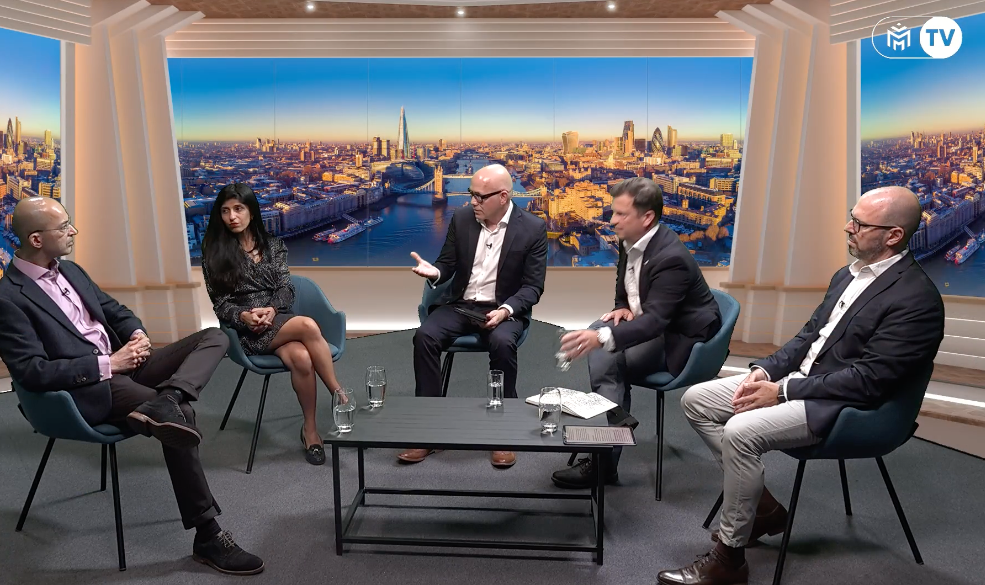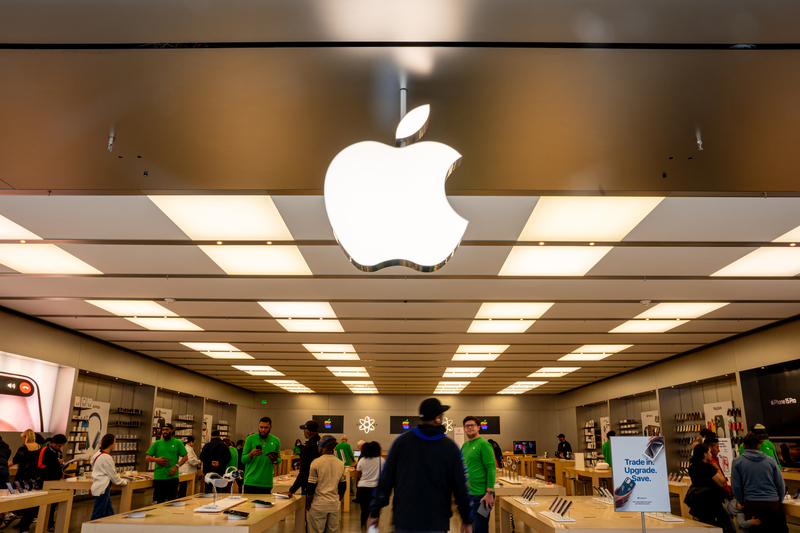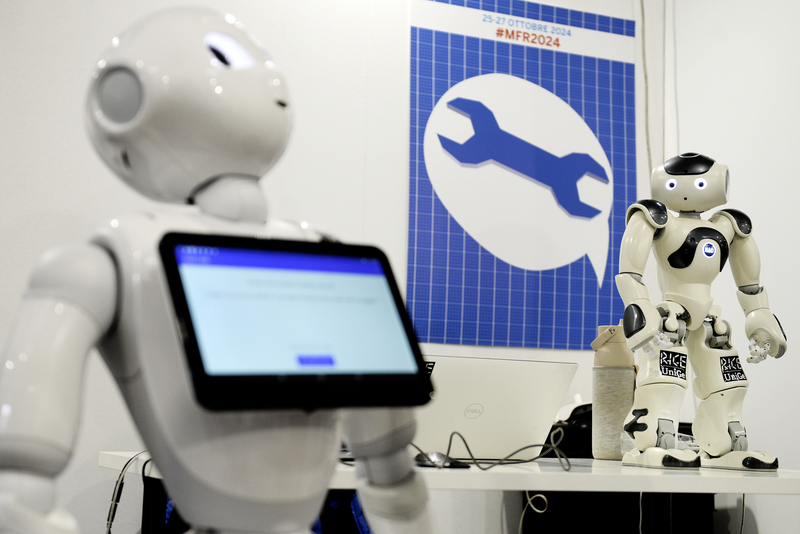The UK’s House of Lords announced recently it is launching an inquiry into the risks and opportunities of AI large language models, while the FCA outlined this week its “emerging regulatory approach to Big Tech and AI”.
Against this backdrop, MoneyLive hosted a discussion titled Generative AI in action: revolutionising onboarding in banking.
Freeing up humans to do more fulfilling tasks is one of the main goals for proponents of generative AI (Gen AI). “Humans can do critical thinking while the technology does the heavy lifting,” Russ Cohn, General Manager EMEA, IDVerse, said, echoing HSBC CEO Ian Stuart’s comments at Money 20/20 Europe in June, who said let “machines do the ordinary while humans do the extraordinary”.
High volumes of data
Its usefulness is undeniable. “Gen AI has this buzz and is one of most important trends hitting financial services at the moment. It can make business processes more efficient. One major area is inbound documents. Instead of having loads of people process documents, Gen AI can do the job,” James Longstaff, VP Innovation, Deutsche Bank, said.
Sifting through high volumes of data is not just challenging but also time consuming for employees. And human error always leaves room for mistakes. “In this new paradigm you can now have a conversation with a whole library full of documents and this offers all sorts of potential. We are subject to laws and regulations so we need to make sure this is trustworthy and repeatable,” Longstaff continued.
But with the human personal touch still lacking, the technology has some way to go. Empathy is a critical element in smoothing out the customer experience, and it’s something chatbots still can’t replicate.
“It’s a game changer for delivering customer engagement. In a strategic sense it’s a tool. It doesn’t replace humans, but it changes how we interact.”
Shashank Khare, Head of Group Strategy, Lloyds
“It’s a game changer for delivering customer engagement. In a strategic sense, it’s a tool. It doesn’t replace humans, but it changes how we interact. Before Lotus 1-2-3 and Excel things were done by pen and paper. As we can see, the accountants are still there, just now using this tool,” Shashank Khare, Head of Group Strategy, Lloyds, said.
But the humans who program the machines still dictate the biases of those machines. “We still can’t switch off our own minds when using AI. If the human is biased, the machine will be biased. A machine isn’t going to act on our behalf. We see machines as having this halo – if they say it they must be right,” Vinita Ramtri, Former Global Head of API standard, HSBC, said.

Fraud prevention
Gen AI can enhance AML efforts by generating synthetic data that mimics suspicious transactions, which can significantly help banks with fraud detection and AML model testing. There is a transformational potential in due diligence.
“It’s important fraud protection is there. There are a number of facial biometrics being used by banks,” said Cohn. “It’s time consuming and tedious for customers to go through checks. We create identities using synthetic data and AI to help banks tackle fraudsters. We map the facial genome using facial electromyography using a phone camera.” This proves there is a real person there. It can also help with fuzzy matching.
But innovation, risk and compliance are held back due to these disciplines being so siloed. “The amount of data [that can be processed] is something like 75,000 words a minute. If it can go through that and you can break through the siloes of a bank regarding regulations and KYC, the entire cycle becomes really holistic. If a profile doesn’t match behaviour of an account … In report writing, suspicious activity, Gen AI can generate a sensible report,” Ramtri said.
Tailored financial products
Gen AI can analyze vast amounts of customer data and generate personalized recommendations and offers. By understanding individual preferences, spending patterns, and financial goals, banks can provide tailored product suggestions, investment strategies, and customized financial advice to their customers.
Many people use ChatGPT or Bard in a personal capacity, if not for work. “There’s a big shift happening there. Once you’ve interacted with ChatGPT, any other chatbot seems 500 years behind,” Khare said. But it may be too early to see changes in customer behavior because organizations across the board are in the early stages of testing the technology.
“In onboarding you want it to be seamless and as quick as possible. But one of the biggest risks right now is antagonistic deployment. They’re fast and the current systems have to be fast enough to defend against it, without the customer experiencing suffering,” he added. “There’s no free pass just because this is a new technology. We have to follow the regulation and makes sure everything fits within existing frameworks,” he added.
The potential of Gen AI is vast, with Goldman Sachs saying it could raise global GDP by 7%.
The incumbents have the advantage because the vast majority of data is at their disposal. That applies to all industries, whether media, telecoms, or automobile. It remains to be seen what sort of data monopoly this will create.
















